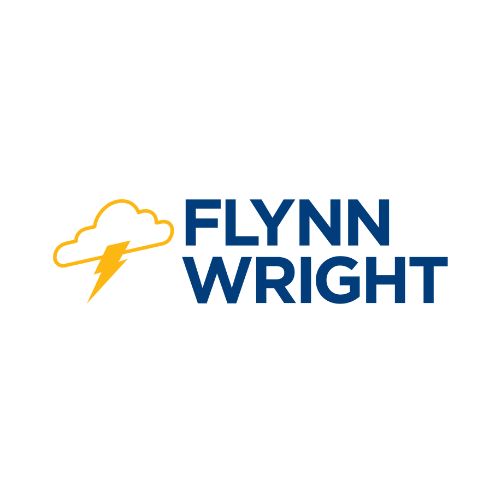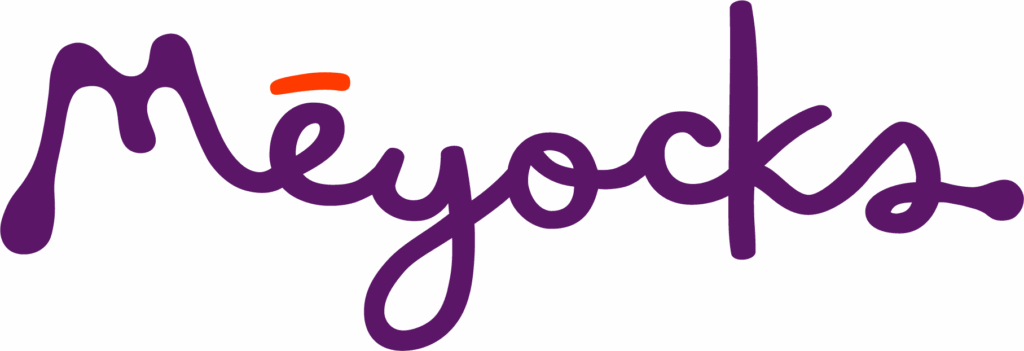The Motricity atrocity

Dear Mr. Berko:
AT&T keeps billing me $9.99 per month for a service called Motricity, and I don’t know what it is and never ordered it. When I call to complain, I’m put on hold, so I sent two letters but received no answer. When I finally did get in touch on the phone, they insisted I ordered Motricity but refunded two months of the eight months I paid. How can they let another company put their charges on my private phone bill? I got so mad I canceled my cell service, and I intend to sell my 350 shares of AT&T as soon as I get the next dividend. So could you recommend some business development company stocks that pay more than 9 percent that you did not cover in your recent columns?
F.M., Troy, Mich.
Dear F.M.:
Your email is the umpteenth I’ve received in the past few months about AT&T and Motricity. Motricity is a browser scam conceived by some creative management types at AT&T and a Norwegian high-tech company called Opera Software. AT&T gives Opera Software your private cell number, to which Opera charges AT&T $9.99 each month. AT&T then sends you a statement with Opera’s $9.99 fee clearly concealed among the confounding lists of surcharges, fees, taxes and other blather. After you pay the bill, AT&T sends Opera $6.99 and keeps $3.
Most folks don’t understand their cellphone bills, so they just pay and forget it. But when a customer rings AT&T to question that charge, he or she is forced to hold the line for what seems like hours waiting for a representative to answer. Most subscribers decide, “It ain’t worth the wait.”
What a sweet deal for AT&T Inc. (T-$30.74), because that $3 every month times a few million subscribers is pure profit. But I like AT&T. I like the 5.5 percent dividend, which might be increased this year, and I like its growth potential. Detest AT&T all you want, but I recommend you keep your stock.
AT&T knows it “done wrong” and might eventually pay a multimillion-dollar fine to the Federal Communications Commission, but that fine will be niggardly compared to the hundreds of millions it collected. This is capitalism at its finest. The public be damned.
Gouging the consumer has become an important profit center among many large American companies that employ clever marketing people to scheme up new ideas. The airlines, the health insurance industry, the brokerage industry, the drug industry and the banking industry are a few examples of corporate America’s contempt for the public good.
The “business development company” designation, or BDC, is usually specific to public companies that invest in small to medium-size businesses hoping their stakes will increase in value as that company prospers. A BDC will also loan money, arrange mezzanine financing, provide capital to finance acquisitions and offer consulting expertise, all for a fee. BDCs are unique companies, because small investors can now buy shares in the open market and participate in the formerly difficult-to-access world of venture capital.
Take a glimpse at Triangle Capital Corp. (TCAP-$18.85), which is on track to earn $1.66 per share this year and $1.48 in 2012. The current $1.68 dividend yields 8.9 percent, is essentially 90 percent nontaxable and might be increased this year. TCAP has seasoned and superb management.
Then take a gander at Medley Capital Corp. (MCC-$11.43), which went public last January. MCC has offices in New York, San Francisco and Hong Kong. It expects to earn 40 cents per share this year and $1.27 next year and will pay its first dividend, 16 cents, on June 15.
Please address your financial questions to Malcolm Berko, P.O. Box 8303, Largo, Fla. 33775 or email him at mjberko@yahoo.com. © 2011 Creators.com










